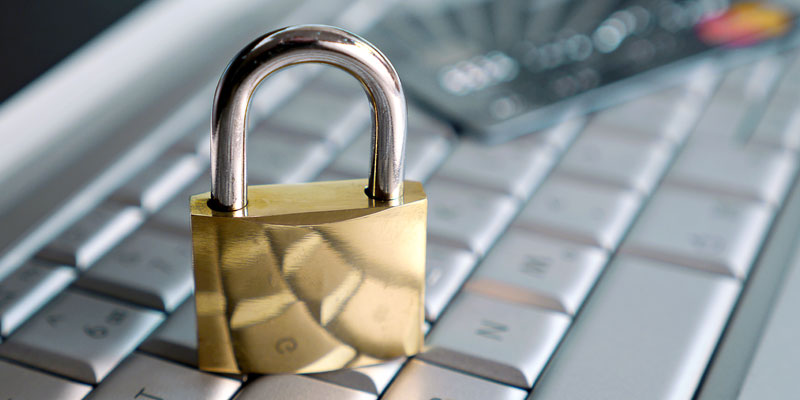Security Update: Guarding against Hacktivism
Law enforcement personnel and public officials are being warned of an increased risk in cyberattacks. But these kinds of electronic crimes can happen to anyone, at any time.
Hacking collectives effectively leverage open-source, publicly available information identifying people, then use that data to inflict harm and steal resources.
Compiling and posting an individual’s personal information without permission is known as doxing. This is gathered from social media and other Web sites includes home addresses, phone numbers, emails, and passwords.
While eliminating your exposure in the digital age is difficult, you can take steps to minimize your risk:
- Carefully consider all your posts on social media sites and watch for unnecessary and revealing comments.
- Routinely update your hardware and software, including antivirus applications.
- Pay close attention to all emails, especially those containing attachments or links to other Web sites — they could have viruses.
- Enable security measures to include two-factor authentication on your personal email.
- Closely monitor your accounts for fraudulent activity with free Online & Mobile Banking.
- Passwords should be changed regularly and be phrases of 15 characters or more.
- Be aware of phising phone calls and emails from those pretending to know you.
To learn more, please visit us here.

